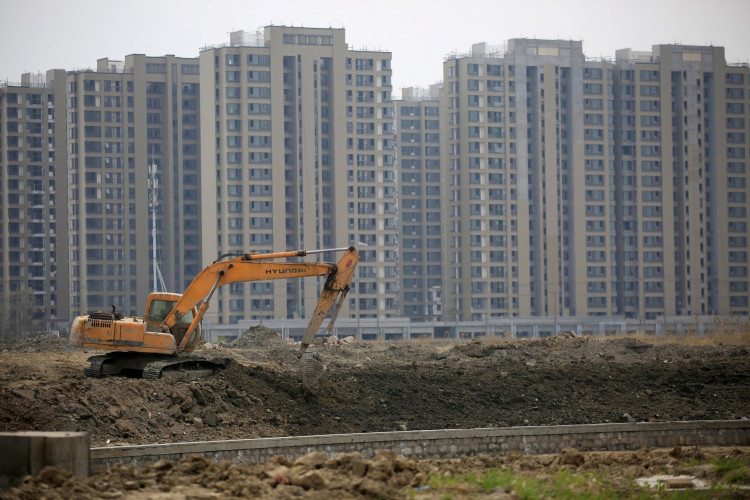The unfolding crisis within China's real estate sector is drawing parallels to Japan's economic stagnation of the 1990s, according to experts who see striking similarities between the two scenarios.
Juscelino F. Colares, a professor of international business law at Case Western Reserve University, highlighted the convergence of growth-focused strategies, a predilection against domestic consumption, and an overreliance on cheap financing as key factors inflating China's property bubble to precarious levels. "Growth-oriented strategies, a bias against domestic consumption, cheap money, and central and provincial government loan guarantees and bailouts created the colossal real estate bubble we see in China today," Colares remarked in a discussion with International Business Times.
China's economic forecast has been adjusted downward, with the International Monetary Fund (IMF) recently revising the country's growth projections from 4.6% to 3.5% for the upcoming years. Factors contributing to this bleak outlook include a tepid recovery from the COVID-19 pandemic and a gradual decoupling from Western manufacturing supply chains, exacerbated by geopolitical tensions over Taiwan and the Indo-Pacific.
The property sector's downturn is evidenced by a significant reversal in residential property prices, which shifted from a 3.66% increase in September 2021 to a 3.17% decrease by September 2023. High-profile bankruptcies within the property development industry, such as the collapse of Evergrande with debts exceeding $300 billion, further underscore the severity of the crisis. Moreover, the transition from inflation to deflation in consumer markets, with prices falling for three consecutive months as of December 2023, signals a worrying trend reminiscent of Japan's lost decades.
In contrast, Japan has shown signs of economic rejuvenation, with residential property prices and inflation rates on the rise, marking a departure from its longstanding deflationary period. Aédán Mordecai, lead analyst for Asia Pacific, notes that Japan's recent inflationary surge, although potentially temporary, contrasts sharply with China's deflationary pressures, driven by weakened domestic demand.
Mordecai suggests that Beijing may need to implement a more aggressive fiscal stimulus to invigorate domestic consumption, a strategy it has hesitated to embrace fully. The challenge for China lies in navigating its economic recovery without falling into the prolonged stagnation that afflicted Japan in the 1990s, characterized by persistent deflation and escalating debt.
The crux of the issue, as posited by Professor Colares, is whether Beijing will adapt its economic policies to allow market forces to rectify the situation or continue relying on existing strategies, which have so far failed to emphasize domestic consumption. The comparison between China's current predicament and Japan's past economic woes offers a cautionary tale about the long-term consequences of unchecked real estate bubbles and the importance of sustainable growth policies.





